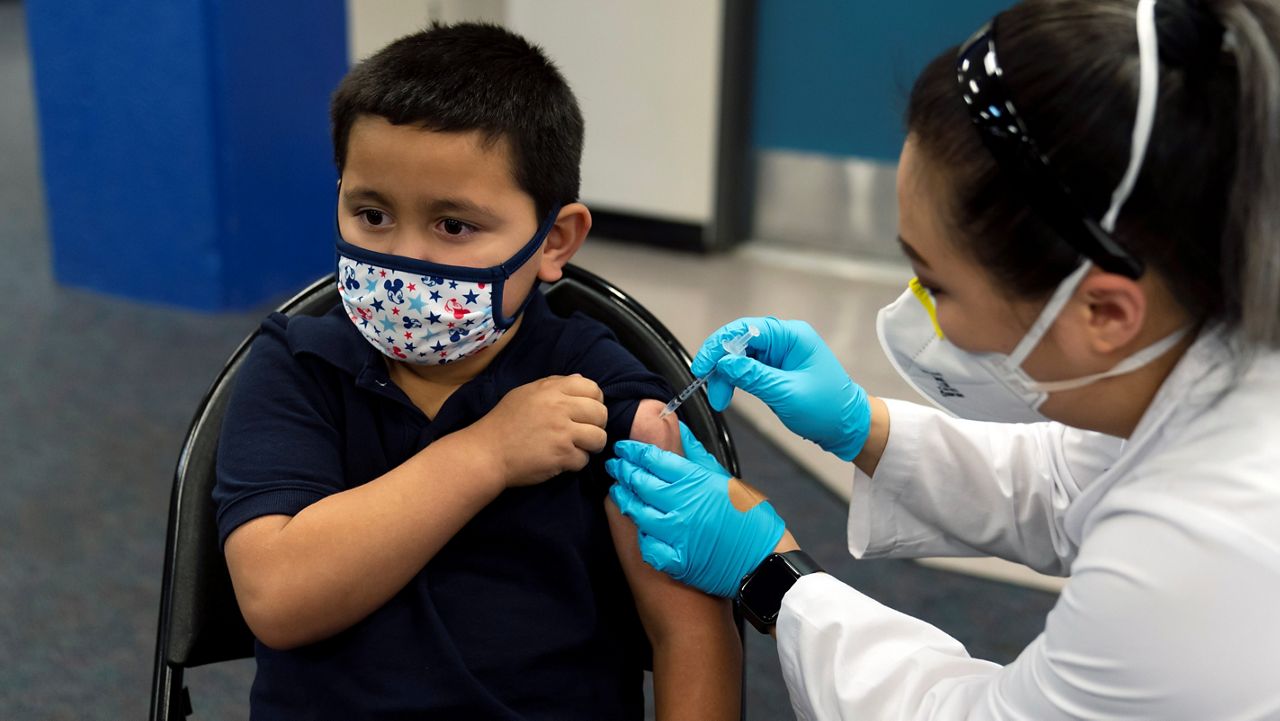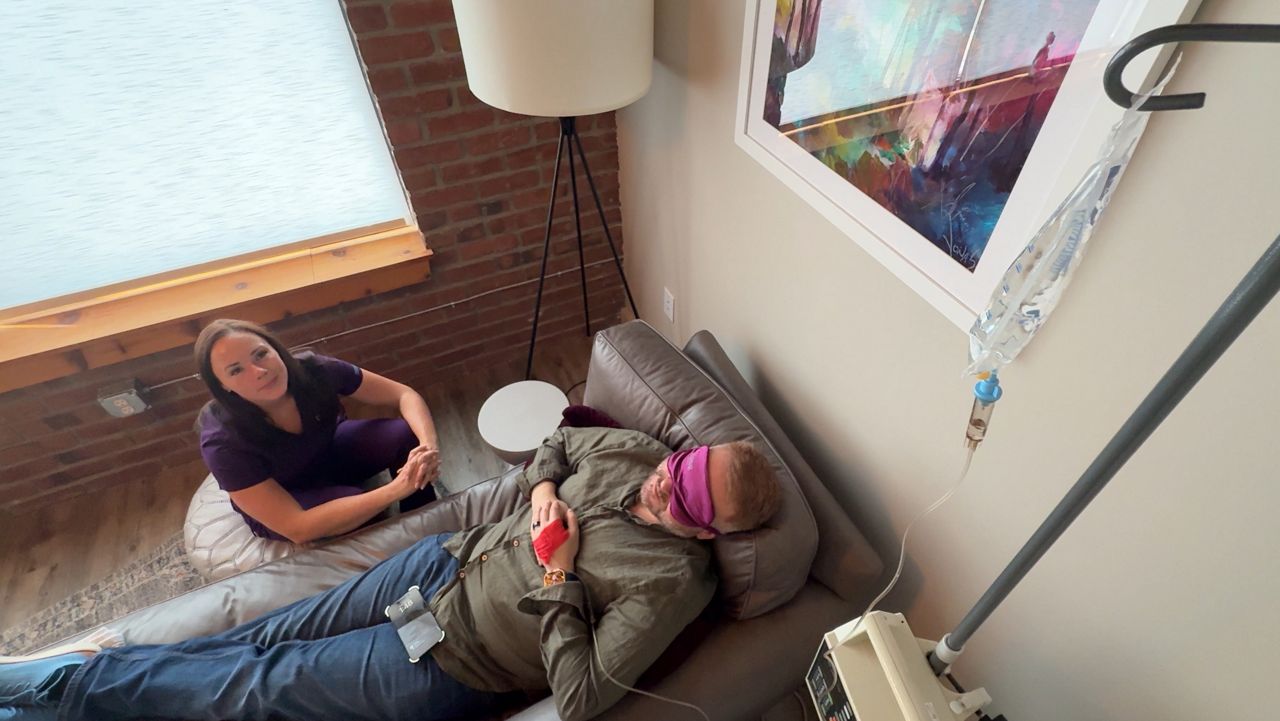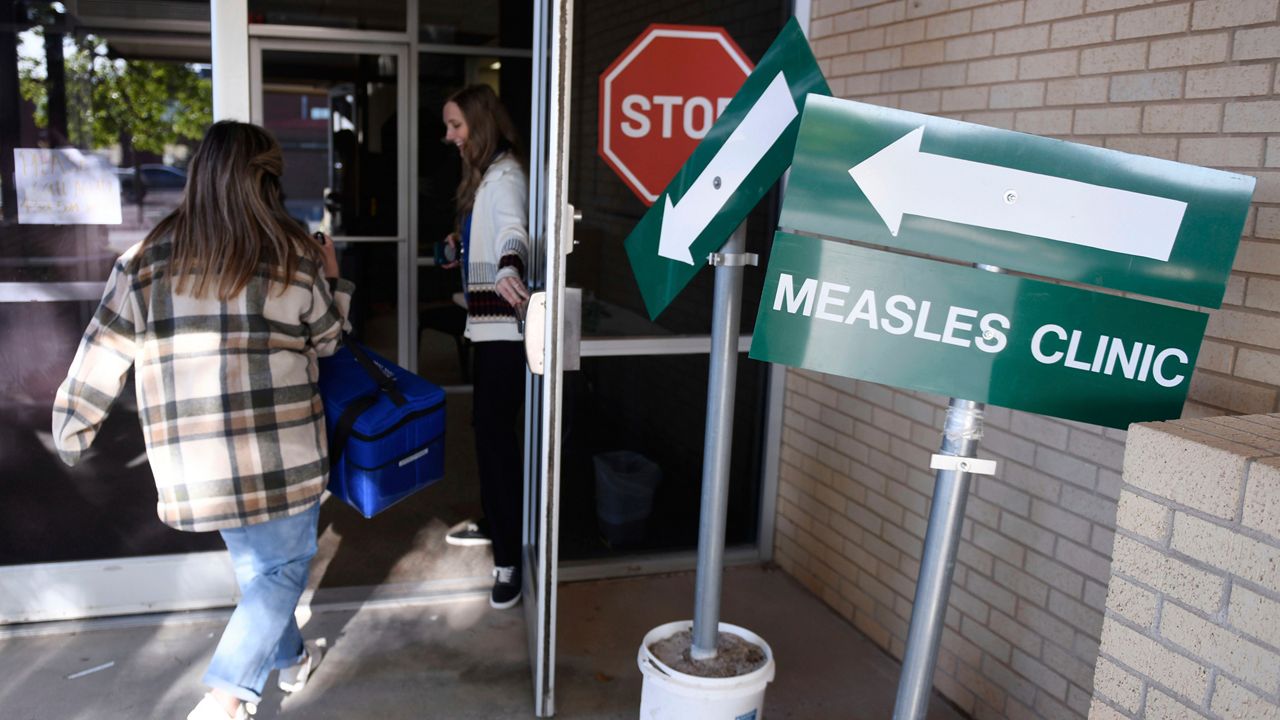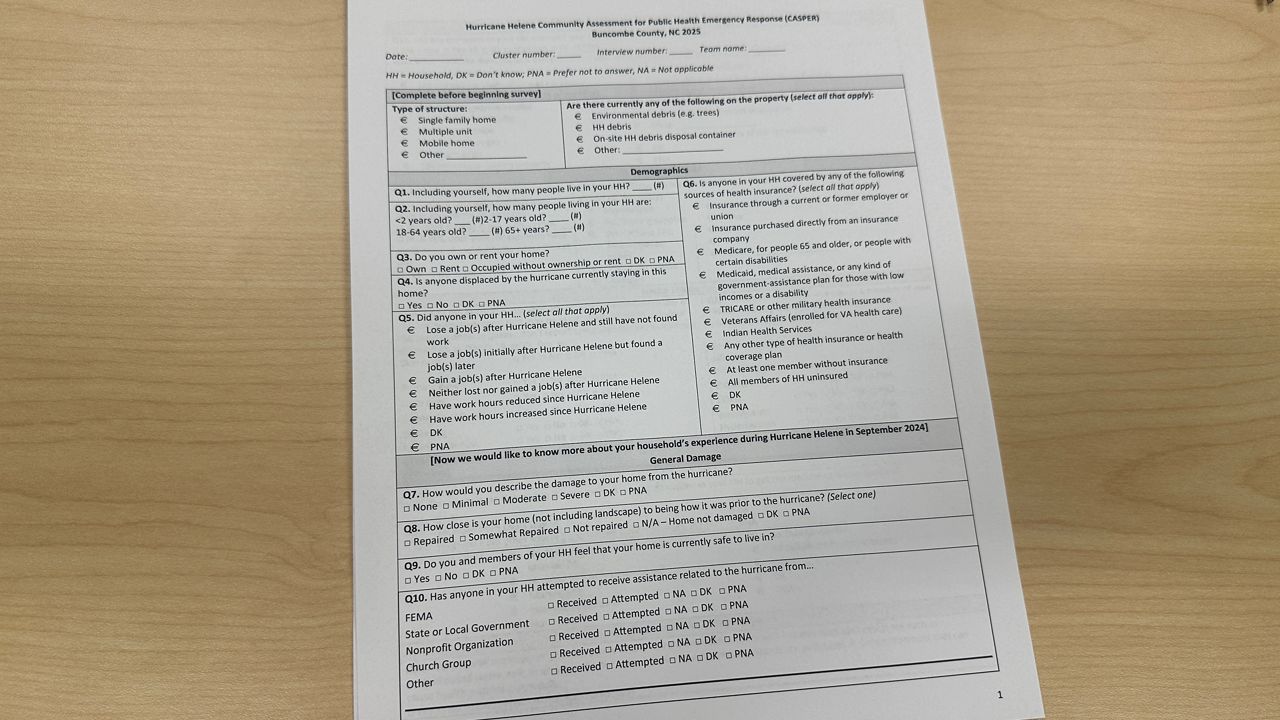DURHAM, N.C. — The heat is bearing down on us all this week. For some, working in extreme conditions is in their job description.
Firefighters suit up in Durham for emergencies even if the temperature climbs above 100.
Capt. Brad Pope of Fire Station No. 7 loves his work.
“Being able to go somewhere and help somebody in a pretty quick manner is kind of at the top of what we do,” Pope said.
The 14-year veteran said he sees being a firefighter as a calling. A sense of urgency is necessary at all times.
“We run more EMS calls now I’d say than anything," Pope said.
Pope said he has been in the middle of all kinds of emergencies.
“It’s always the thrill of the unknown, helping people out,” he said.“It’s always the thrill of the unknown, helping people out,” he said.
In order to do that, he remains mentally, physically and emotionally cool. He has to if he wants to keep his team, himself and the person in distress safe.
On Friday, the captain said he drank at least seven 16-ounce bottles of water.
“Taking care of ourselves and staying cool. These people in this room are my most important tool,” Pope said.
In their line of work, the human body is an instrument to keep the public safe. He prefers seeing it that way.
“Because we use it (our bodies). Without us the job doesn’t get done,” the captain said.
Fire Station No. 7 has the only ladder truck north of Interstate 85.
The design of the engine diversifies the amount of help they can offer on a scene.
“(We) pay attention to the calls that we may have so we know what our responsibilities and roles are going to be once we get to a call,” he said.
Limiting exposure to heat is critical to survival. Depending on the type of physical activity a layman does outside, they could lose their ability to internally self-regulate their core temperature.
“Heat exhaustion messes with your mind, and it messes with your body,” he said.“Heat exhaustion messes with your mind, and it messes with your body,” he said.
With full gear on out in the sun while fighting a fire, suits can reach 150 degrees or hotter.
Extreme conditions come with the territory for this gig.
“You’re always prepared. You never know where it’s going to be,” firefighter Johnathan Armada said.
A Journal of Industrial Health study reports almost 75% of firefighters in the U.S. experience some sort of heat-related illness on the job.
Pope said your training prepares you to equip yourself for the elements ... and there are some lessons you can only learn in the field.
“Probably my first fatality call. That’s when you know you are no longer at the academy, and it’s real,” he said.
Staying alive and saving lives is what they do. While they can’t always accomplish that goal, Pope said it's beautiful when they do.
“The good reaction you get from people after you have helped them out — to me that’s the biggest thing,” Pope said.










